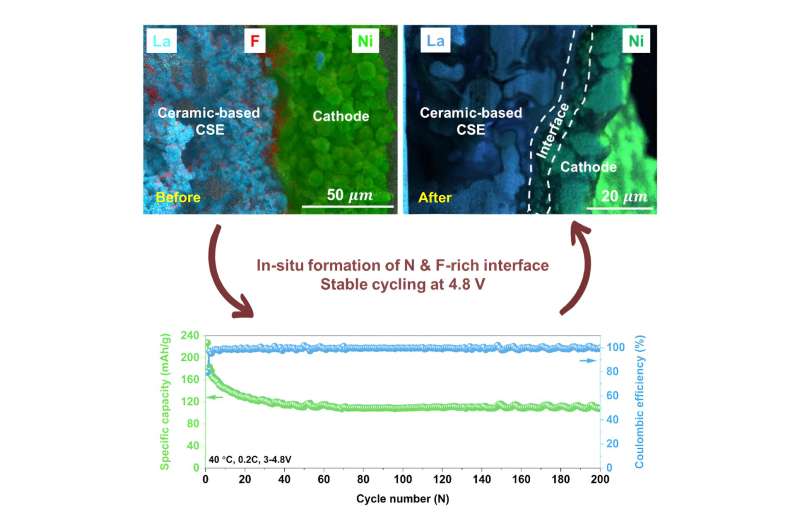This innovation could lead to safer, more efficient, and longer-lasting electric vehicles, marking a significant step toward the next generation of EV batteries.

Researchers at McGill University have achieved an advancement in all-solid-state lithium battery technology, an innovation that could significantly impact the future of electric vehicle (EV) batteries. Their findings address a long-standing challenge in battery performance, bringing us closer to safer and longer-lasting EVs.
One of the critical issues in solid-state batteries has been the resistance at the interface between the ceramic electrolyte and the electrodes. This resistance hampers the battery’s efficiency, reducing the amount of energy it can deliver. The research team has found a solution. Instead of using a traditional dense ceramic plate as an electrolyte, they designed a porous ceramic membrane filled with a small amount of polymer. This innovation reduces the interfacial resistance by allowing lithium ions to move freely between the electrolyte and the electrodes.By using a polymer-filled porous membrane, they can eliminate the interfacial resistance, leading to improved battery performance and enabling stable operation at high voltages—one of the key objectives for the industry.
The discovery is crucial as current lithium-ion batteries, which power most EVs today, rely on liquid electrolytes that are flammable and pose safety risks. All-solid-state batteries, by replacing liquid components with solid ones, offer the potential for safer and more efficient energy storage. However, overcoming interfacial resistance has been a major barrier to their development. This new approach marks a significant step toward overcoming that hurdle, making all-solid-state batteries a more viable option for electric vehicles. This discovery brings us closer to building the next generation of safer and more efficient EV batteries.This could revolutionize the EV battery industry, pushing the technology forward in terms of safety, efficiency, and longevity.






